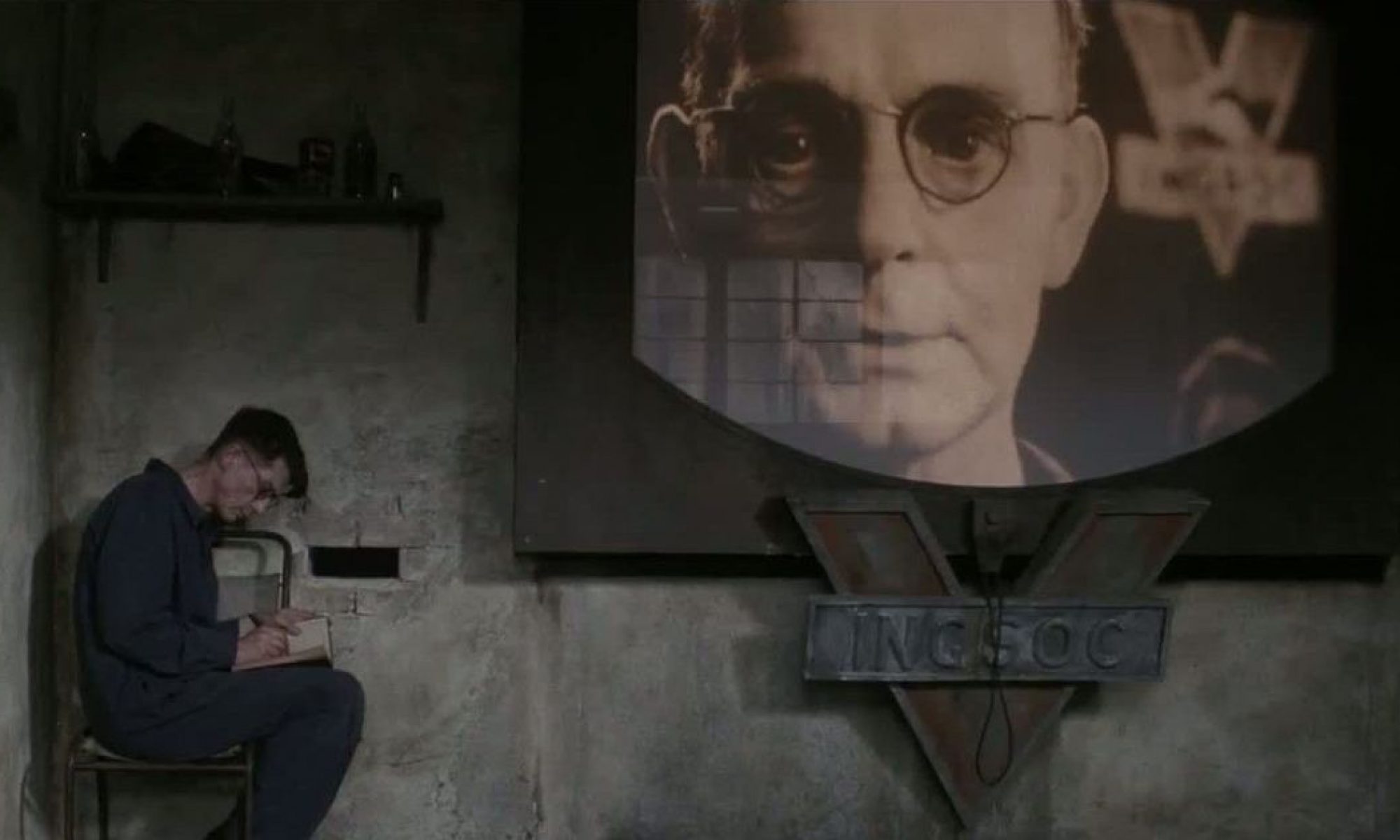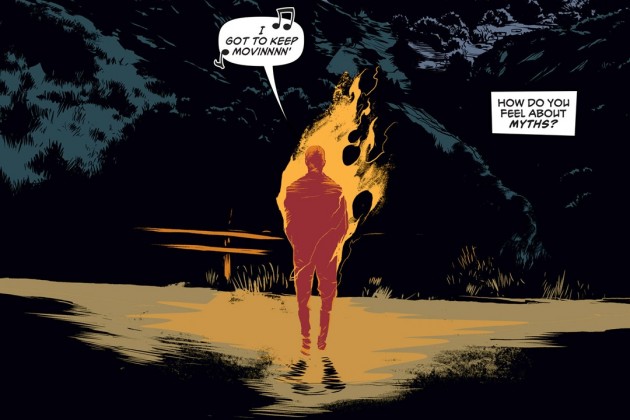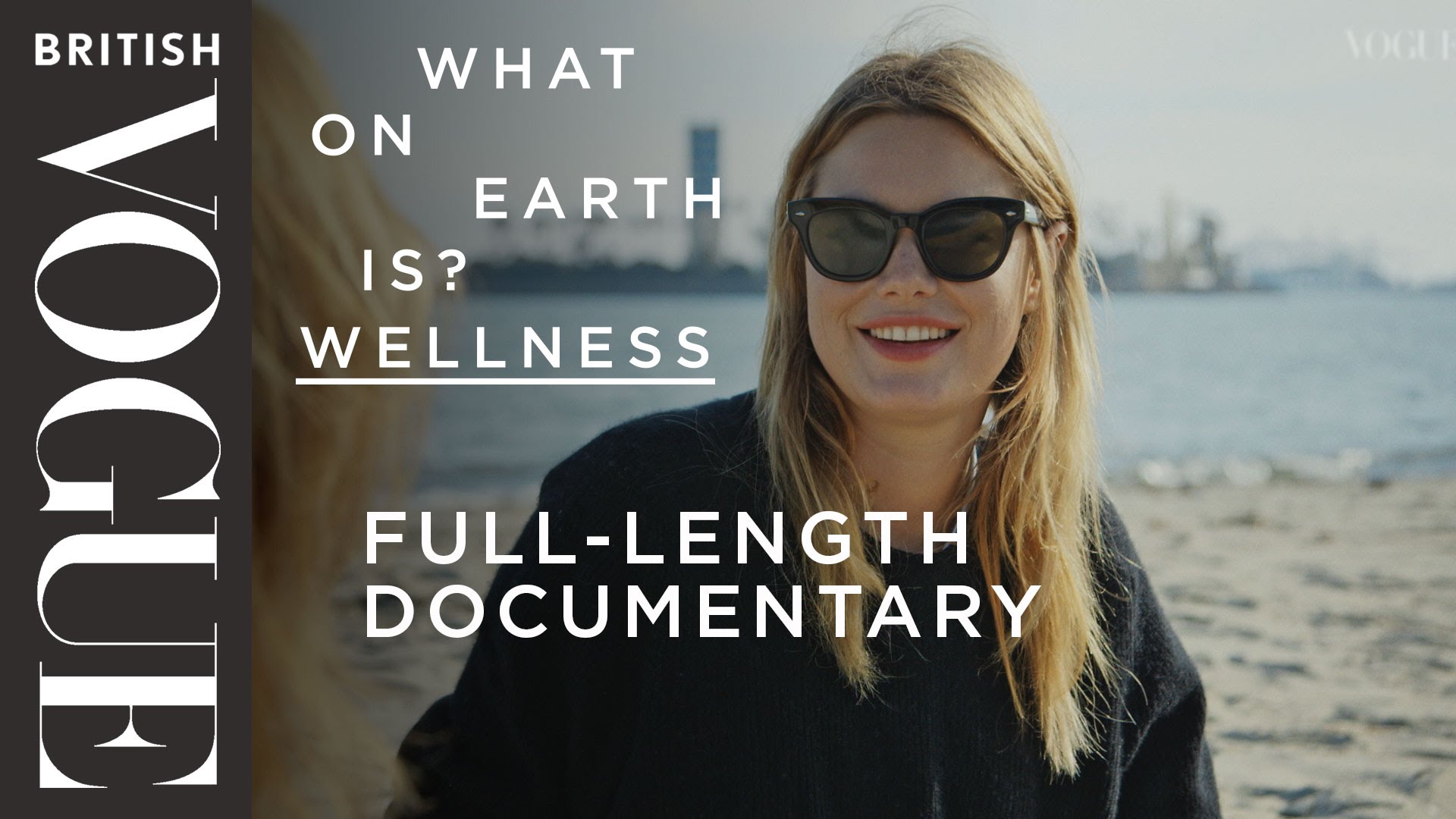Winston, protagonist, Chapter 5:
“yes they swallowed it. Parsons swallowed it easily, with the stupidity of an animal. The eyeless creature at the other table swallowed it frantically, passionately, with a furious desire to track down denounce and vaporise anyone who should suggest, that last week the ration had been thirty grams. Syme, too- in some more complex way, involving doublethink- Syme swallowed it. ”
Here we see that Winston is now even more sure of his first observation. That Syme may not be as orthodox as he may publicly appear to be. This is seen in the way Winston seems to sense the hesitation that Syme takes before he too gives in to the lie. Syme is already been seen to be a very intelligent man, and he here we see him see the mistake, realise that he is being feed a false truth, and accepting it anyway, because in their world a that is what a smart man does.
This quote from Winston seems to outline all the types of people that the new dystopian world contains. Those like Parsons who simply accept anything under the government as truth. Too dull or complicit, being young enough to not know anything else outside of it, to call anything into question now. These constant adjustments of the truth no longer phase people such as Parsons, people who are truly brainwashed by big brother.
The others are people described such as the “creature.” These are the people who have taken their devotion of the idea pushed onto them to the next level. As Winston describes, ” the eyeless creature swallowed it frantically,” showing that the people such as these will take anything given to them. The concept of making the character be described as eyeless is also interesting. This is because it gives the reader the impression that the creature, and people like him, cannot see for themselves; and are therefore reliant on Big Brother. They are so frantic to accept new information, because for them all they know is Big Brother, as they have essentially had their own way at looking at the world taken from them.
Lastly we have the people like Syme. These are the bystanders of the new world. The ones desperate to stay alive that they keep their heads down and out of the way. Syme, much like many others, accepts things he know to be false simply to be able to old onto his life a little bit longer. They are also the people that have found pleasure in the smallest of things, these are what truly keep them from turning to rebels such as Winston. Syme has his work, this he is obviously passionate about, and for him seems to be what he holds onto in a world like this. its a tiny part of his life which he knows to be true, because he has created it himself. Syme is the example of all the people who choose to do nothing because they have something themselves which keeps them comfortable in their complicity to the dangers that surround them.
Winston, protagonist, chapter:
“until they become conscious they will never rebel, and until after they have rebelled they cannot become conscious.”
This quote from Winston is said during his walk through the proles. He ponders the idea that the largest mass of power does not actually lie in the government, but in the poverty stricken areas on the outskirts of ‘London.’ However, we see that Winston is cyclical about this prospect because as we, as the audience, soon discover the people of the proles live in a relative freedom; in comparison to those that live lives such as Winston. The people of the proles are governed more loosely, they are allowed small freedoms such as a family and items such as beer; this is how they are kept in check. Because they are allowed these small freedoms they do not call into question the governing they do receive, although their lives are not grand and cannot become so in this flawed system, they are not so bad as to think to rebel. Therefore in Winston’s own words they will never become conscious. This lack of incentive to rebel is what prohibits them from forming the realisation to do so. To rebel would lead to the realisation that they had been living under an unfair and unjust system, and allow them to explore a new avenue of thought and life outside of the hardship they have become neutral to. But as I have stated before they will not rebel because they have no cause, and they will not realise they need for a cause until after a rebellion is started. Winston desperately wants the proles to revolt, as it will free him more than anything else, and will in his own mind lead t a better future; at the moment he knows the means of getting his way but no way to deliver and rally this message.
Winston, Protagonist, Chapter: 7 pg 80 ( memory of a poem/ song from years back)
“Under the spreading chestnut tree,
I sold you and you sold me:
There lie they, and here lie we
Under the spreading chestnut tree. “
This memory of a broadcast is remembered by Winston when he discovers three former members of the ‘elite’ party at a drinking spot called the chestnut. The song or poem itself seems out of place in the scene and very unlike Big Brother to be promoting; what I gathered then from the irregularity of the message to the rest of the story was that it is meant to stand out, and that it could be a sign of rebellion. The lines themselves also seem to appear this way, the idea of a tree spreading out like an idea taking root in a community, from an area ( the chestnut drinking spot) that is seemingly notorious for rebellious meetings.
Another message that can be gleaned from the short song is the hopelessness and loss of trust. The lines ” I sold you and you sold me: There lie they, and here lie we,” show a darker side of the world in which Winston lives. No one can be trusted to not be sold out, or in selling another person out for their own personal gain. The direct use of the word “lie” is another tell to this as it isn’t necessary o use that word, it seems deliberate, and immediately changes the context from simply laying down, to being lied to or about.
With the point described above the idea of a spreading chestnut tree does not show an idea of inside rebellion, but rather an idea of increased control. The chestnut tree spreads outwards, wrapping more and more people to be intwined within the parties ideals. This snippet of a song from Winston’s memory stands out for a purpose, as to which side the message is for remains unknown until further into the story.
Winston, Entry in diary, Chapter: 7 Pg 84
“Freedom is the freedom to say that two plus two make four. If that is granted, all else follows. “
This is to say that if one is allowed to state the truth of one aspect, then all else that is factually true can also be deemed, and proved as such. This quote shows to the reader how much the world in which Winston lives is different from our own, when even a truth that is simple for a child to understand can be called into question and can now be called a lie. It’s a deliberate demonstration of how much control the Government has, when the obviously true can be called into question. It also shows how little freedom the people within this regime have. That can be seen in how the quote seems to ask permission to say the truth, rather than being able to sate it openly.
- extension: pg 261 – O’Brien holds up four fingers to a beaten winston after repeating quote back and asks, ” How many fingers am I holding up, Winston?”
- this is a blatant act of aggression by O’Brien.
Winston, interaction with girl, page 111: “In front of him was an enemy who was trying to kill him: in front of him, also, was a human creature, in pain and perhaps with a broken bone. ”
Winston, after being discovered at the bookshop, Pg : “It struck him that in moments of crisis one is never fighting against an external enemy, but always against one’s own body. ”
- Winston is deciding whether or not to take his own life
Winston, pg162: “History has stopped. Nothing exists except an endless present in which the Party is always right.
after an encounter with O’Brien where O’Brien acknowledges the rebellion, pg 167: “He had the sensation of stepping into the dampness of a grave, and it was not much better because he had always known that the grave was there waiting for him.
- the realisation that with the acknowledgment of rebellion his own acts will now actually effect his life. actions that themselves are a life or death situation.
Julia and winston talking about rebellion and the party, pg 174: “if you can feel that staying human is worthwhile, even when it cant have any result whatever, you’ve beaten them.”
Winston reading Goldstein’s book to Julia, pg 227: “sanity is not statistical,”
O’Brien and Winston having a conversation mid torture pg282:
” do you believe in god, Winston?”
“no,”
” then what is it, this principle that will defeat us?”
” I don’t know, the spirt of man. ”
” and do you consider yourself to be a man?”
“yes,”
” If you are a man, Winston, you are the last man. ”
Winston after a couple of weeks after his torture reteaching himself pg290: “sanity was statistical. It was merely a question of learning to think as they thought. ”
- previously we saw that winston believed that ” sanity is not statistical,” on page 227. Now we can see that by this point in the story that Winston has finally had his values broken, that he is not the rebellious man we saw before and that his older concepts of thought crime and double think do not exists for him anymore.
( Last line, a defeated winston sits in the chestnut and the war has ended) pg311: ” He had won the victory over himself. He loved Big Brother. ”
- the last line of Winston story is the final blow. He has given up, the system he fought with his soul rather than through direct action has been painfully stripped away. He was the ” last real man” and now he has joined the masses. His proof of sanity was statistical as he joined along with the people he thought to be brainwashed.


